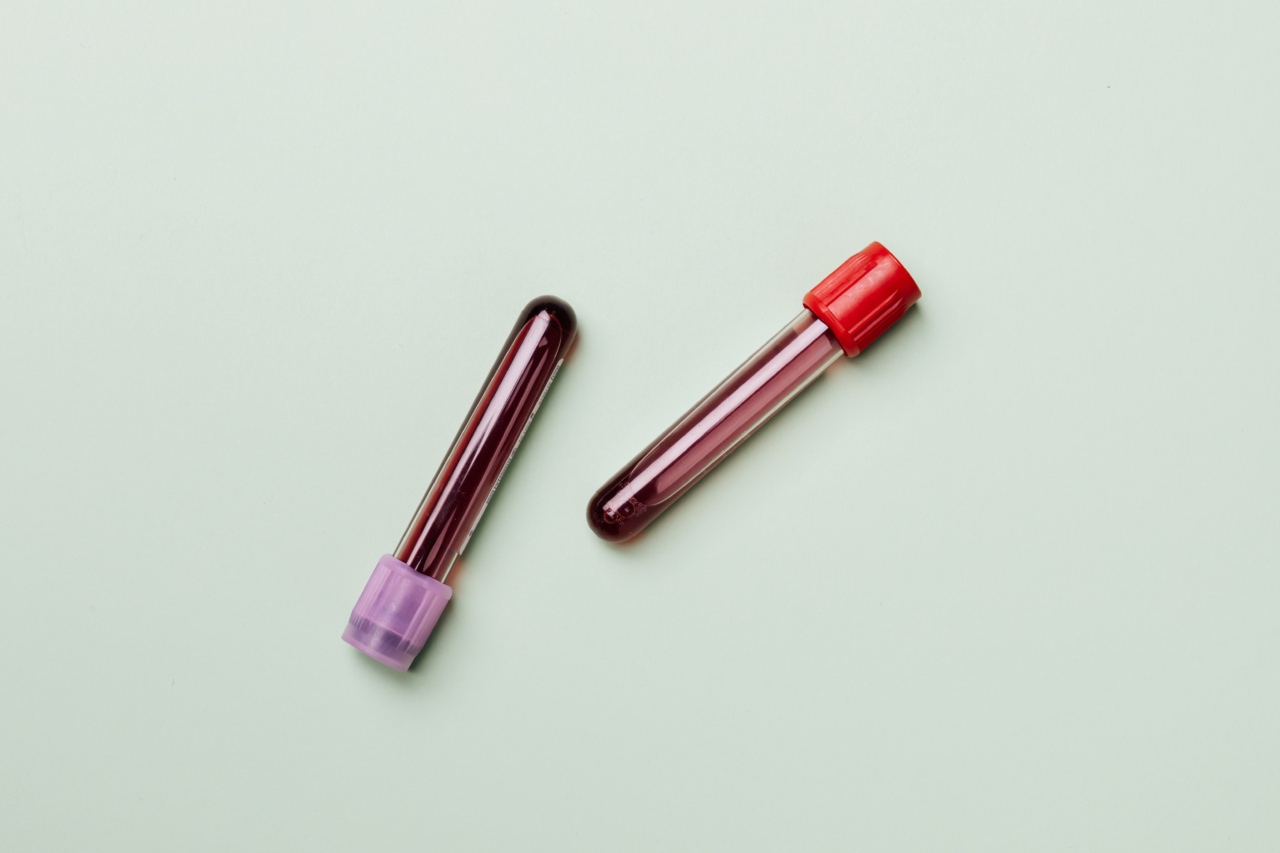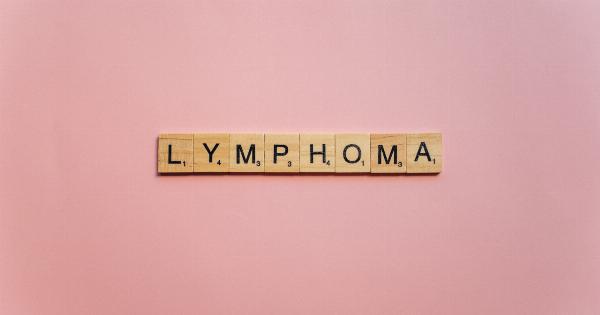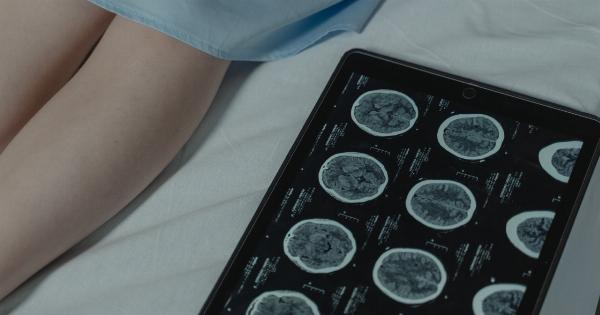Have you ever been advised to fast prior to a blood test? Depending on the type of test, your doctor may have given you specific instructions to avoid eating or drinking for a certain period before your blood is drawn.
In this article, we will explore why some blood tests require fasting.
What Happens During a Blood Test?
When a healthcare provider takes a sample of your blood, it is usually collected in a small vial and then sent to a laboratory for analysis.
Blood tests can provide valuable information about your health status, including your cholesterol levels, kidney function, blood glucose levels, and more.
The laboratory uses a variety of techniques and instruments to analyze your blood sample.
They may examine the number and type of blood cells present in the sample, measure the concentration of certain substances in your blood, or look for the presence of specific antibodies or proteins.
Why Do Some Blood Tests Require Fasting?
For some blood tests, fasting is required in order to get accurate results.
This is because certain substances in the food you eat and the beverages you drink can affect the levels of various chemicals and hormones in your blood, which could potentially interfere with the accuracy of the test. In some cases, the results of a blood test that was not conducted under fasting conditions may appear abnormal, even though there may not be any underlying health issues.
Each blood test has its own unique requirements, so the instructions for fasting prior to the test will vary depending on the specific test that needs to be performed. Some common blood tests that typically require fasting include:.
1. Cholesterol Test
A cholesterol test, also known as a lipid panel or lipid profile, measures your blood levels of different types of cholesterol and triglycerides.
High levels of LDL (or “bad”) cholesterol and triglycerides are associated with an increased risk of heart disease.
To get the most accurate results from a cholesterol test, you will typically be asked to fast for at least 9-12 hours before your blood is drawn. This means that you should avoid eating any food or drinking anything other than water during that time.
If you regularly take medication for high cholesterol, you should continue to take it as prescribed, but be sure to mention this to your healthcare provider.
2. Blood Glucose Test
A blood glucose test measures the level of glucose (sugar) in your blood. This test is commonly used to diagnose and monitor diabetes.
If you are scheduled for a blood glucose test, you will usually be asked to fast for at least 8 hours before your test. This means that you should avoid eating any food or drinking any beverages (other than water) during that time.
It’s important to follow your doctor’s instructions carefully, as eating or drinking anything other than water can affect the results of your blood glucose test.
3. Vitamin D Test
A vitamin D test measures the level of vitamin D in your blood. This vitamin plays an important role in maintaining healthy bones, muscles, and immune function.
If your healthcare provider has ordered a vitamin D test, you may be asked to fast for a few hours before your test. This is because vitamin D is a fat-soluble nutrient, which means that it is absorbed into the body with the help of fats.
Fasting for a short period before the test can help ensure that the levels of vitamin D in your blood are not affected by recent food or drink intake.
4. Iron-Deficiency Anemia Test
An iron-deficiency anemia test measures the level of iron in your blood.
This test is used to diagnose and monitor iron-deficiency anemia, which occurs when your body does not have enough iron to produce adequate amounts of hemoglobin, the protein in red blood cells that carries oxygen throughout your body.
If you are scheduled for an iron-deficiency anemia test, you will usually be asked to fast for at least 12 hours before your test. This is because eating or drinking anything containing iron can affect the results of the test.
Your healthcare provider may also ask you to temporarily stop taking any iron supplements or medications before the test.
5. Renal Function Test
A renal function test measures the level of creatinine and other substances in your blood, which can provide information about your kidney function.
If you are scheduled for a renal function test, you will typically be asked to fast for at least 8 hours before your test. This means that you should avoid eating any food or drinking any beverages (other than water) during that time.
You should also inform your healthcare provider if you are taking any medications, as some medications can affect the results of the test.
Other Types of Blood Tests
While the above tests are some of the most common blood tests that require fasting, there are many other types of blood tests that may also require fasting or have other specific requirements.
If you are scheduled for a blood test, be sure to follow your healthcare provider’s instructions carefully and ask any questions you may have in advance.
Conclusion
Fasting before a blood test may be a bit inconvenient, but it is a necessary step to ensure that you get accurate results.
By following your healthcare provider’s instructions carefully and abstaining from food and drink for the required period of time, you can help ensure that your blood test provides valuable information about your health status.
























